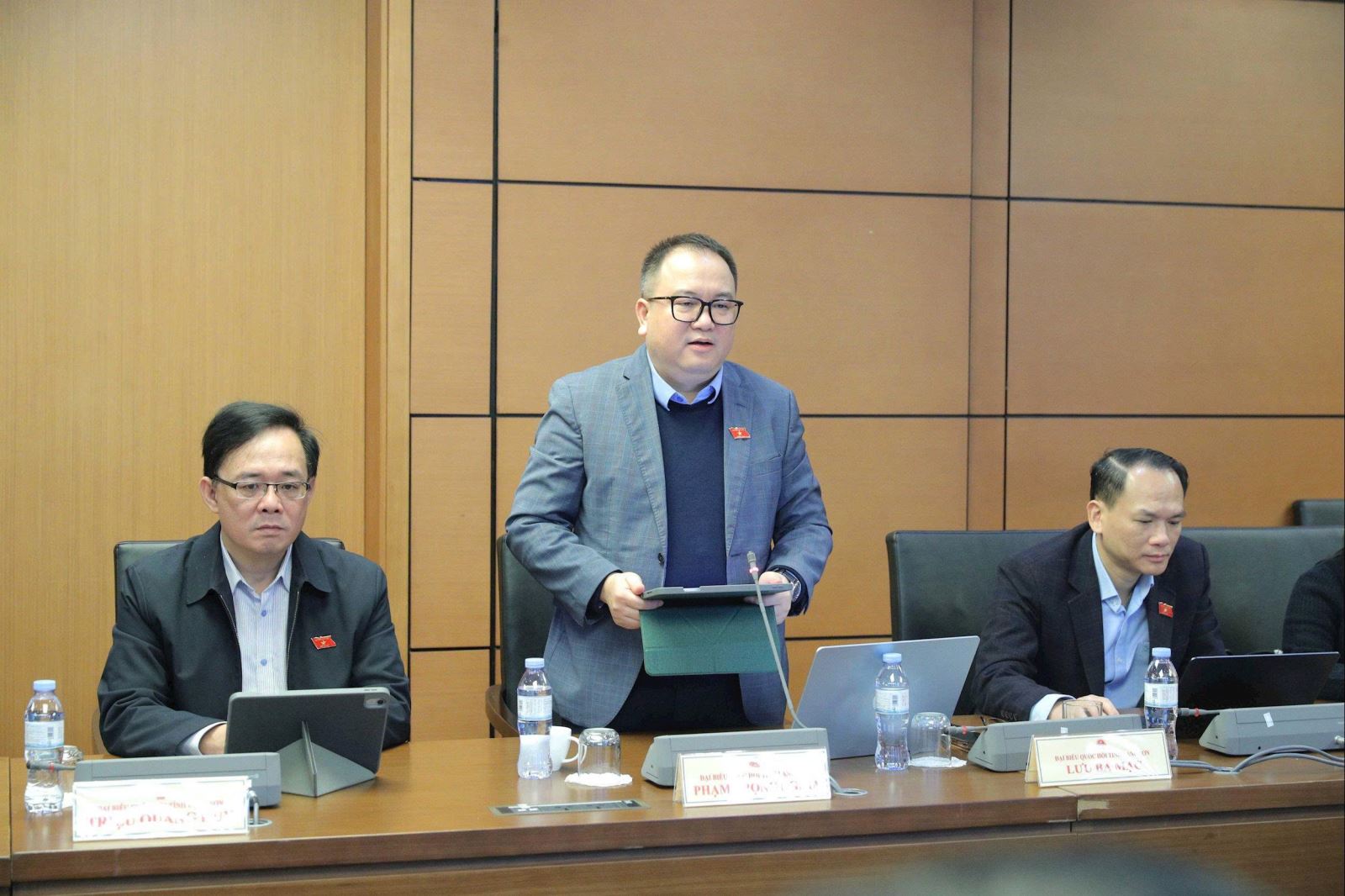
According to delegate Pham Trong Nghia, National Assembly delegation of Lang Son province, the Congress theme reflects the general goals, core and consistent ideological contents, and the most important elements of development, which are: Party leadership; the role of the people and the strength of the entire nation; the continued innovation and the goal of national development in the new era.
Delegate Pham Trong Nghia said that the Political Report of the 14th National Party Congress has a structure and presentation of the document's content according to 15 issues. The new point of this Political Report is the integration of the content of 3 documents, including: Political Report, Socio-Economic Report, and Party Building Summary Report. This integration aims to ensure consistency in content, brevity, conciseness, ease of understanding, ease of remembering, and ease of implementation.
One of the new points in the content throughout the Report is to emphasize the viewpoints, goals, methods, resources, and development motivations of the new model, including: Establishing a new growth model with science and technology, innovation, and digital transformation as the main driving force and central content of the country's development model; Developing the private economy as the most important driving force of the economy; developing high-quality human resources and effectively exploiting the advantages of deep international integration.
The draft Political Report assessed the 5 years of implementing the Resolution of the 13th National Congress and the orientation to 2030, vision 2045. The draft highlighted the achievements: 6.3% growth per year, stable macro-economy, deep international integration, and building a clean Party. To continue perfecting the Report, delegate Pham Trong Nghia said:
Regarding section I “Assessment of the implementation of the Resolution of the 13th National Party Congress and the country's foundation after 40 years of renovation”: First, regarding economic development, it is proposed to add a deeper analysis of Vietnam's position in the global value chain. Second, regarding cultural, human and social development, it is proposed to further evaluate the content on integrating Vietnam's national value system with global values such as sustainability and diversity, so that Vietnam can become a "happy country" (The World Happiness Report 2025 shows that Vietnam ranked 46th, a positive improvement compared to 54th in 2024, 65th in 2023 and second only to Singapore in Southeast Asia). Third, regarding foreign affairs, it is proposed to consider adding the content of "cultural diplomacy" to evaluate the promotion of Vietnam's image as a creative and stable country. For example, take advantage of UNESCO heritage (8 world heritage sites) to promote sustainable tourism.
Regarding Section II “Viewpoints and goals for national construction and development in the new period”, delegate Pham Trong Nghia said that the world context stated in the Draft Report is: The world situation is changing rapidly and complexly, in an unprecedented multipolar, multi-center, multi-layered, fragmented and strongly oriented direction. Globalization and economic integration are still progressing, despite facing many new difficulties and major challenges; protectionism, imposed tariff policies, the risk of trade war go hand in hand with the trend of adjusting global production and supply chains.
Delegate Pham Trong Nghia also presented some information to reinforce and deepen this assessment, namely: According to the United Nations Report on Sustainable Development (SDGs) in 2024, the world is facing a multidimensional crisis: climate change threatens food and energy security; the digital technology revolution (AI, blockchain, quantum) is reshaping the global value chain; and geopolitical tensions from the Russia-Ukraine conflict, the Middle East, to US-China competition in the Indo-Pacific region. The global economy is forecast to slow down to 3.2% in 2025 (according to the IMF), with high inflation and soaring public debt in developing countries. US-China competition will continue to shape the global order in the period 2025 - 2030, with far-reaching impacts on the economy, technology, military, and diplomacy; trade competition between the US and China...
Delegate Pham Trong Nghia said that, thus, the Draft Report's assessment of strong fragmentation and zoning, protectionism, imposed tariff policies, the risk of trade war coupled with the trend of adjusting global production and supply chains is completely consistent with reality and has a scientific basis according to international research.
Regarding the main development goals and targets for the 5 years 2026 - 2030, delegate Pham Trong Nghia commented that the development goals stated: Maintaining a peaceful and stable environment; rapidly and sustainably developing the country and firmly protecting the Fatherland; comprehensively improving and enhancing people's lives; strategic autonomy, self-reliance, self-confidence, and strong progress in the new era of the nation; successfully achieving the goal by 2030 of becoming a developing country with modern industry and high average income; realizing the vision by 2045 of becoming a developed country with high income for a peaceful, independent, democratic, prosperous, prosperous, civilized, happy Vietnam, steadily moving towards socialism. “If possible, it is recommended to add at the end of the content objective about Vietnam's position and role in the international community “responsibility and status in the international community” (page 20)”, said delegate Pham Trong Nghia.
Regarding social indicators, delegate Pham Trong Nghia suggested considering adding indicators on average height and physical strength. The overall project on physical development and stature of Vietnamese people in the period 2011 - 2030 was approved by the Prime Minister under Decision No. 641/QD-TTg dated April 28, 2011 (Project 641).
Regarding section III "Continuing to build and perfect a synchronous institution for rapid and sustainable national development", delegate Pham Trong Nghia proposed to clearly define the viewpoint of shifting from "state management" to "development governance".
The transition to development management has important implications for the country, increasing competitiveness to help the State respond more quickly to market demands and international integration. Improve service quality, change from the mindset of "licensing and controlling" to "serving and supporting" businesses and people. Abandon the mindset of "if you can't manage, then ban". Arouse resources, encourage creativity, dare to think and dare to do and mobilize non-state resources. Enhance transparency, development management often goes hand in hand with publicizing performance results and enhancing accountability, contributing to anti-corruption. Apply information technology in national governance, from collecting public opinions to asking for people's votes online.
Regarding section IV "Establishing a new growth model", delegate Pham Trong Nghia analyzed that in the context of the new era, building a self-reliant and self-reliant Vietnam is a historical mission, aiming to realize the vision of becoming a modern industrialized country with high average income by 2030 and a developed, high-income country by 2045. The goal of strategic autonomy and self-reliant is also determined in the theme of the 14th Congress.
Self-reliance and self-reliance do not mean self-sufficiency or isolation, but rather building endogenous capacity, mastering technology, enhancing resilience, and integrating deeply to take advantage of global opportunities. “It is recommended that in the new development model, the goal of building a self-reliant and self-reliant economy should be determined,” delegate Pham Trong Nghia suggested.
To build a self-reliant and self-reliant economy, delegate Pham Trong Nghia suggested that it is necessary to pay attention to and supplement: Strategically control the openness of the economy. Because our country is a country with a small economic scale and high openness. WB statistics show that Vietnam is one of the countries with the fastest and largest economic openness in the world. The proportion of import and export turnover to GDP is increasing continuously. Vietnam is one of the 10 countries with the highest economic openness in the world. In 2025, the estimated import and export turnover is 882 billion USD while the GDP is expected to be about 510 billion USD, the openness of the economy is 172%.
High openness is an advantage, but the economy is vulnerable and very sensitive to external fluctuations. Without good policy solutions, it will bring about many consequences, such as the economy becoming vulnerable and sensitive to external fluctuations; high imports and exports but mainly labor-intensive goods with low added value; high growth but still at the bottom of the global value chain; the risk of being a processing factory, the risk of falling into the middle-income trap is real.
Therefore, this advantage must be accompanied by strategic control, which is the key to sustainable development and prosperity. “Therefore, it is recommended to strategically control the openness of the economy,” delegate Pham Trong Nghia suggested.
Developing domestic supply chains to enhance the economy's autonomy and self-reliance. Vietnamese enterprises are the core force in building a self-reliant and self-reliant economy. Participating in public projects to enjoy resources and support policies from the State is an effective solution to improve the capacity of domestic enterprises. Therefore, it is proposed to add the content of considering giving priority to domestic enterprises to implement large public investment projects, especially projects on transport infrastructure, technology infrastructure, and energy infrastructure.
Optimize the market of more than 100 million people in Vietnam. The domestic market must be considered the pillar of economic growth. It is recommended to promote the movement of Vietnamese people giving priority to using Vietnamese products. This not only helps the economy reduce dependence, but also opens up opportunities for Vietnamese enterprises to gradually master technology, master the market and increase value.
Focus on full employment to promote the advantage of human resources in the period of golden population which is about to end, this is the most valuable asset of the country. Achieving full employment requires a synchronous combination of both macro policies (aggregate demand) and micro policies (labor supply and quality).
Delegate Pham Trong Nghia proposed to identify the need to narrow the regional gap in the new development model through development investment policies. He suggested to identify the urgent task of summarizing specific mechanisms to propose perfecting the law and building new specific mechanisms suitable for the new development space after merging the provinces.
Source: https://baotintuc.vn/thoi-su/xay-dung-dang-doi-moi-va-khat-vong-dua-dat-nuoc-phat-trien-len-tam-cao-moi-20251107174928207.htm



![[Photo] Heavy damage after storm No. 13 in Song Cau ward, Dak Lak province](https://vphoto.vietnam.vn/thumb/1200x675/vietnam/resource/IMAGE/2025/11/08/1762574759594_img-0541-7441-jpg.webp)




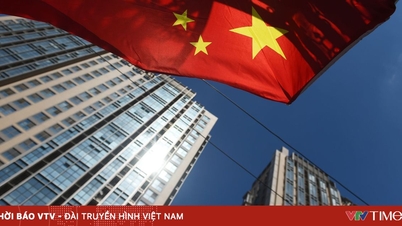

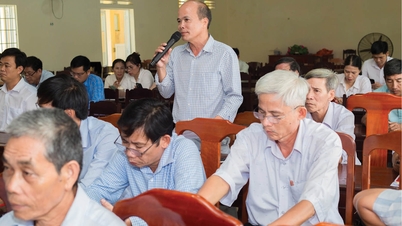

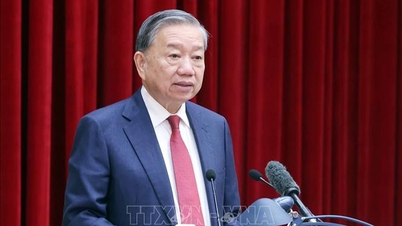
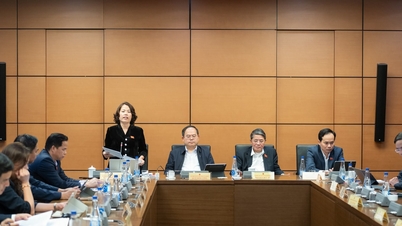

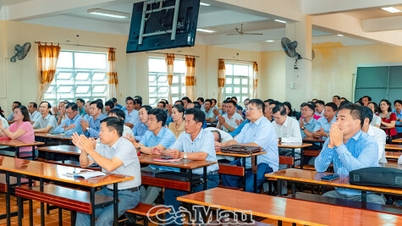

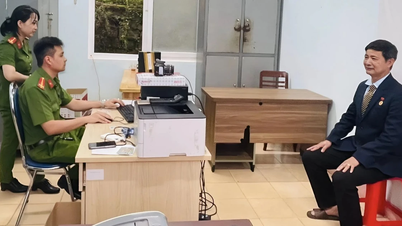














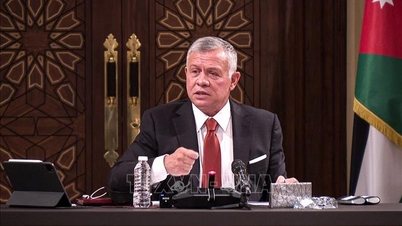





![[Video] Hue Monuments reopen to welcome visitors](https://vphoto.vietnam.vn/thumb/402x226/vietnam/resource/IMAGE/2025/11/05/1762301089171_dung01-05-43-09still013-jpg.webp)

































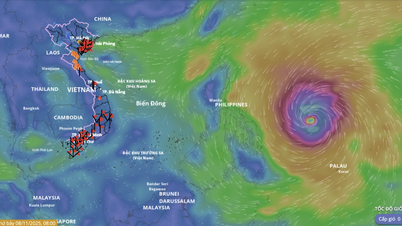









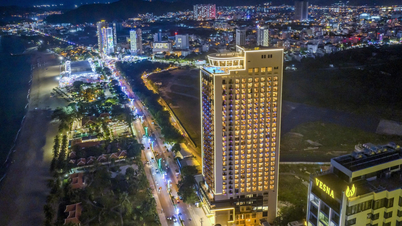

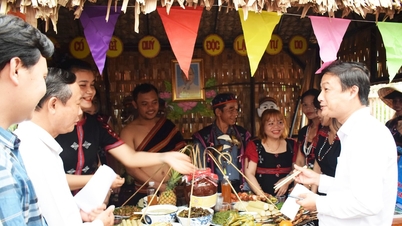

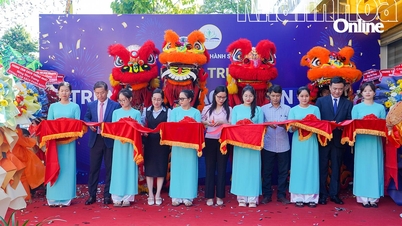


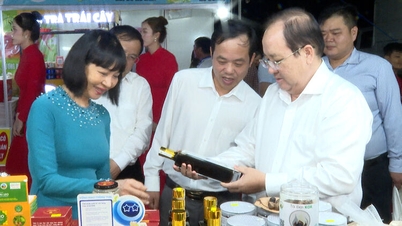
















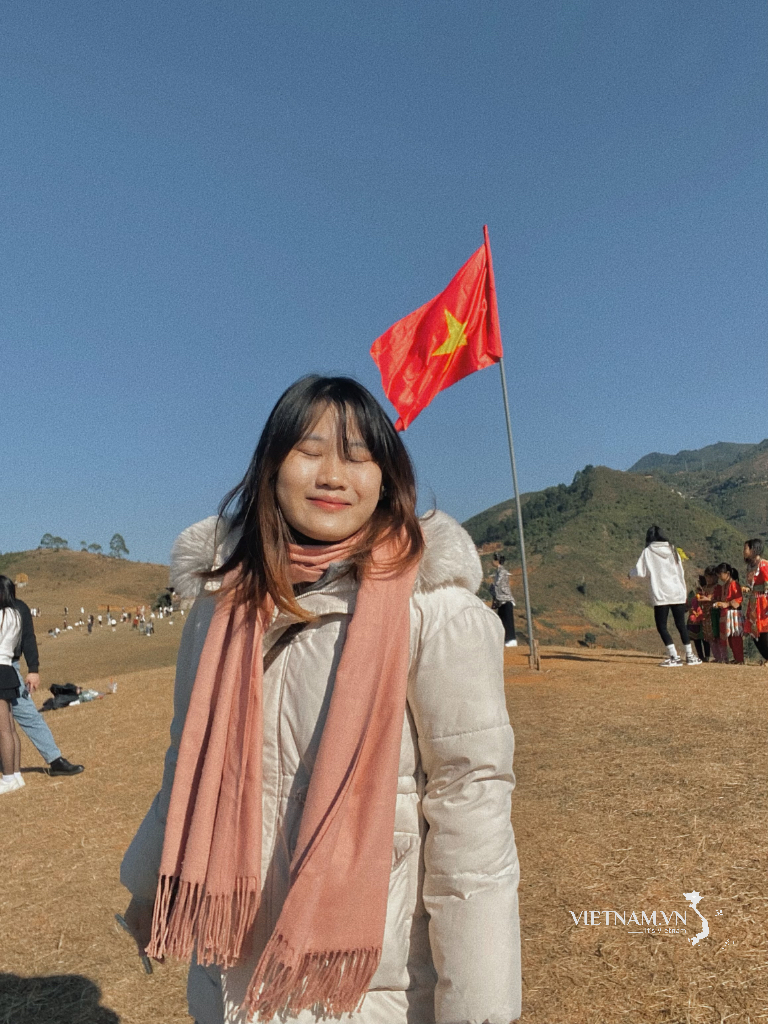
Comment (0)